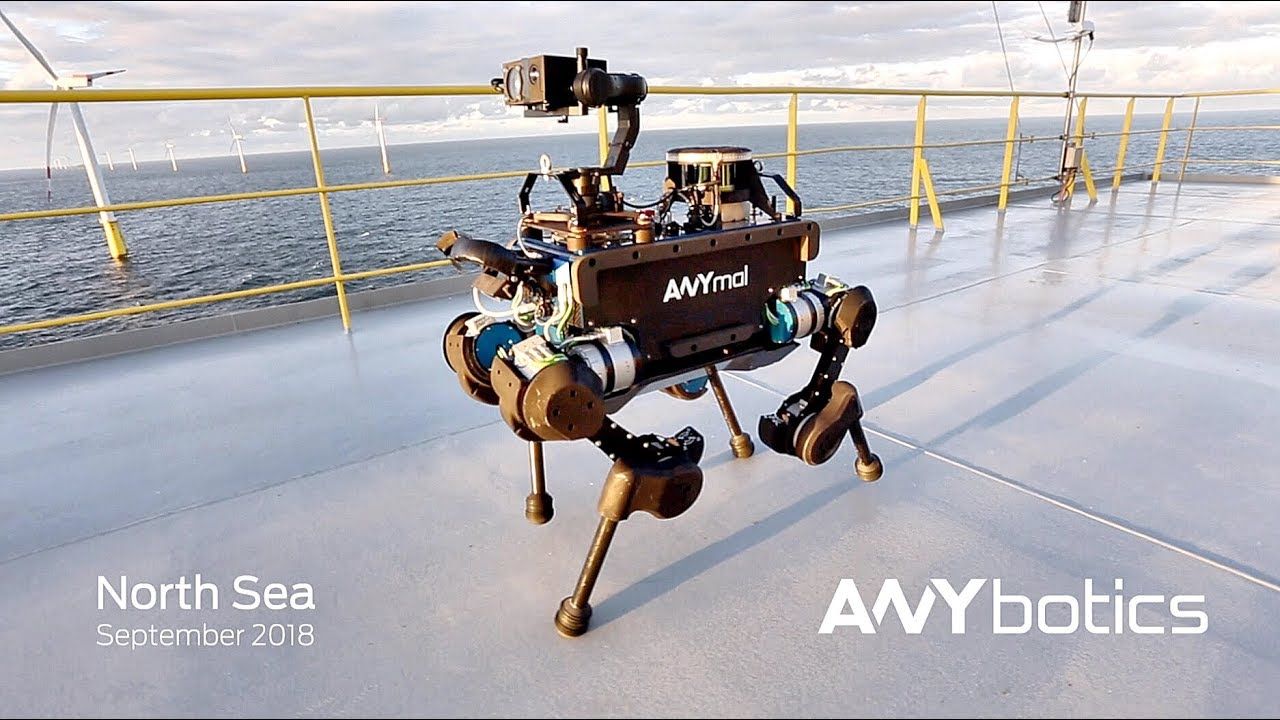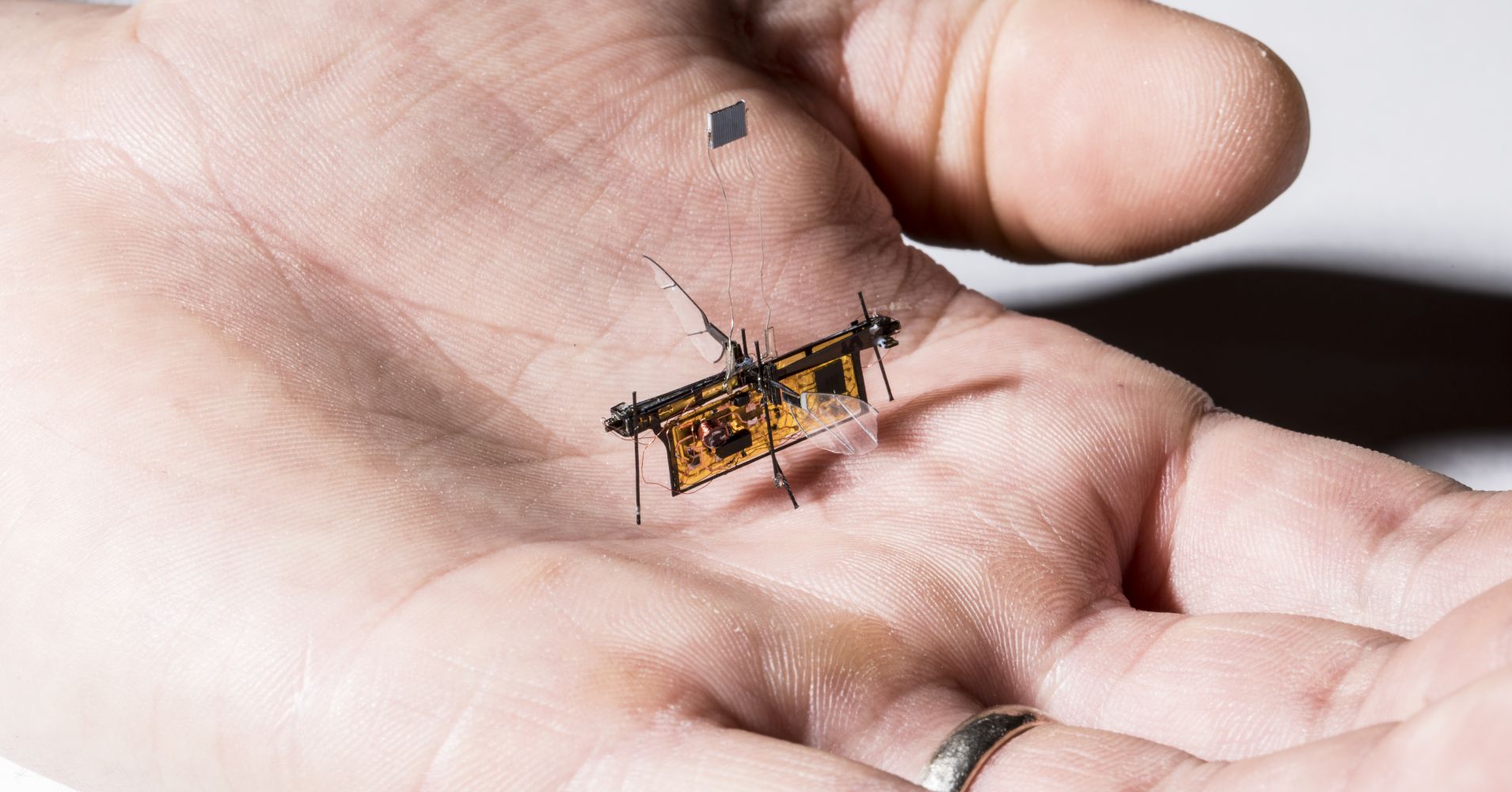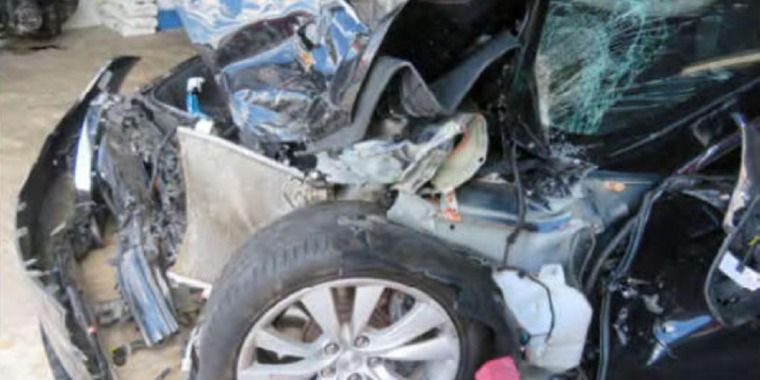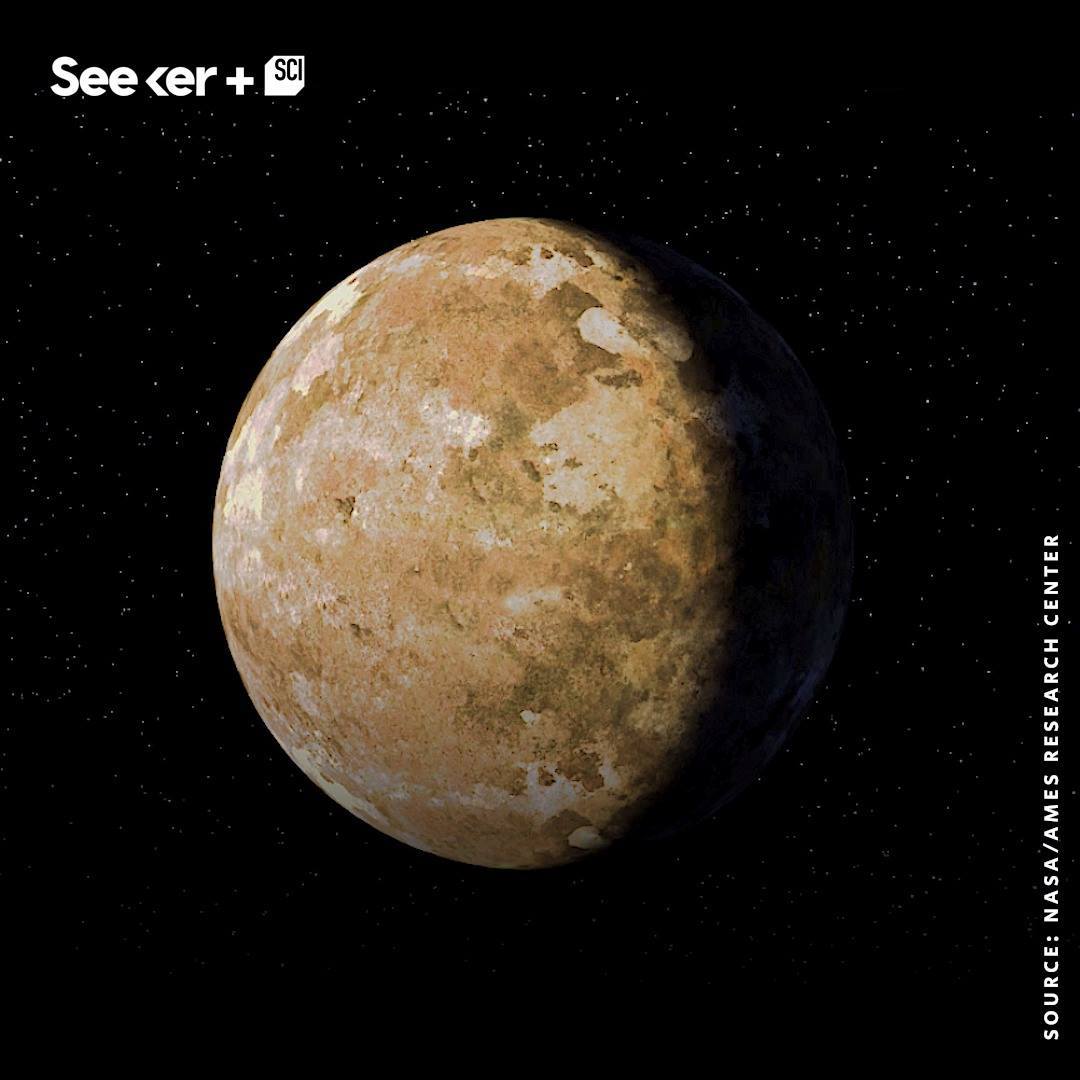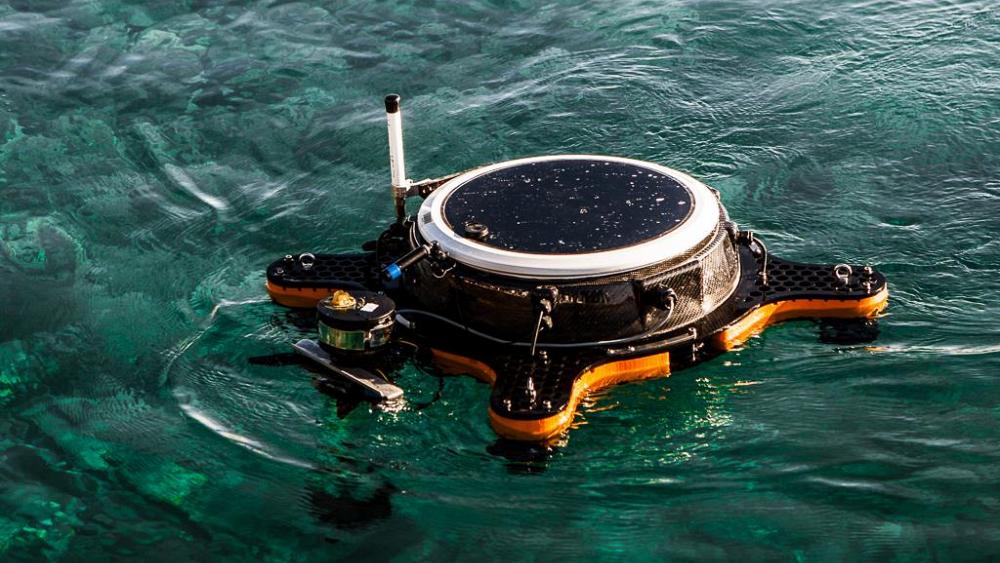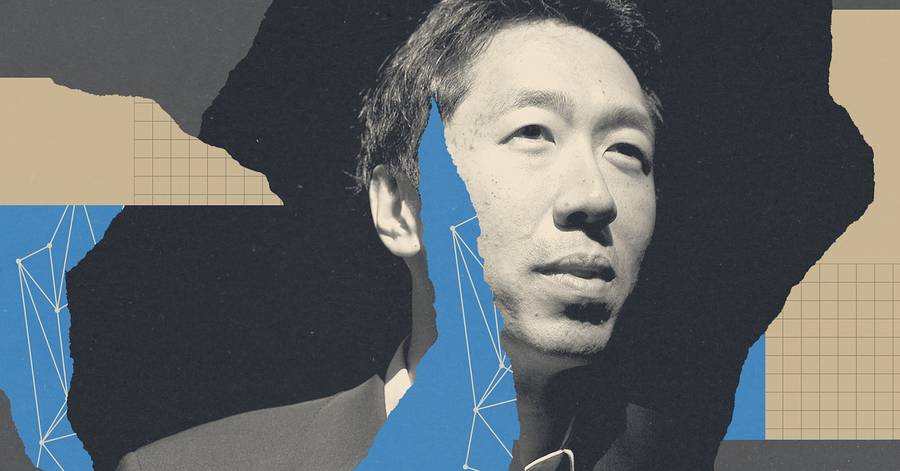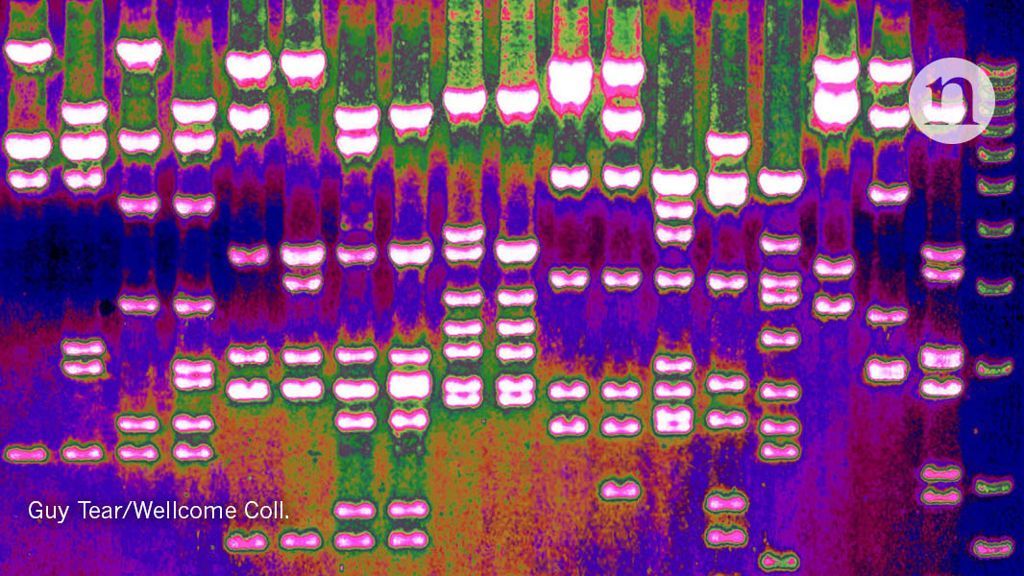Archive for the ‘robotics/AI’ category: Page 1958
Nov 4, 2018
New AI Thinks Like a Scientist to Explain the Physics of Virtual Worlds
Posted by Saúl Morales Rodriguéz in categories: physics, robotics/AI
Nov 3, 2018
Slightly heavier than a toothpick, the first wireless insect-size robot takes flight
Posted by Shailesh Prasad in categories: drones, government, military, robotics/AI
With the rapid advances in drone technology spanning the 20th century, it should come as no surprise that miniature flying robots are on the horizon: Between now and 2020, Goldman Sachs’ forecasts a $100 billion market opportunity for drones, helped by growing demand from the commercial and civil government sectors.
What is surprising is that it has taken researchers more than two decades to finally come up with a fully autonomous version. That’s because the electronics needed to power and control the wings were so heavy that, until now, flying robotic insects had to be tethered to a wire attached to an external power source.
Yet a team of engineers at the University of Washington, led by assistant professor Sawyer Fuller, were able to figure it out. Relying on funding from UW, they created RoboFly, a robo-insect powered by an invisible laser beam that is pointed at a photovoltaic cell, which is attached above the robot and converts the laser light into enough electricity to operate its wings.
Nov 3, 2018
Another Tesla with Autopilot crashed into a stationary object—the driver is suing
Posted by Michael Lance in categories: robotics/AI, sustainability, transportation
To be fair to Tesla, this problem isn’t unique to the company. Most emergency braking systems on the market today won’t stop for stationary objects at freeway speeds. These systems are not sophisticated enough to distinguish a stationary object on the road from one that’s next to or above the road. So to make the problem easier to handle, the cars may just ignore stationary objects, assuming that the driver will steer around them.
Florida man says Tesla oversold Autopilot’s capabilities.
Nov 3, 2018
NASA Discovered A New Planet Using AI
Posted by Michael Lance in categories: robotics/AI, space
Nov 2, 2018
20th Century Fox is using AI to analyze movie trailers and find out what films audiences will like: Movie Trailer
Posted by Genevieve Klien in categories: entertainment, robotics/AI
Nov 2, 2018
The Island Nation Malta Created a Citizenship Test for Robots
Posted by Genevieve Klien in category: robotics/AI
Nov 2, 2018
There’s something unusual about these lily pads
Posted by Genevieve Klien in category: robotics/AI
The aPad can explore marine environments while keeping in direct contact with a team above sea level or other manned robots underwater.
Nov 2, 2018
AI Guru Andrew Ng on the Job Market of Tomorrow
Posted by Derick Lee in categories: economics, education, robotics/AI, transportation
…but Our Timelines Are Too Rosy I would actually welcome a correction in public opinion about what AI can and cannot do. This has happened to me multiple times, where I would listen to a CEO on stage make an announcement about what their company is doing with AI, and then 20 minutes later I’d talk to one of their engineers, and they’d say, “No, we’re not doing that, and we have no idea how to do it.” I think it still takes judgment to know what is and what isn’t possible with AI, and when the C-suite does not yet have that judgment it’s possible for companies to make promises very publicly that are just not feasible. Frankly, we see some of this in the self-driving space. Multiple auto [original equipment manufacturer] CEOs have promised self-driving car roadmaps that their own engineers think are unrealistic. I feel [CEOs are] being sincere but just not really understanding what can be done in a certain timeframe.
The co-founder of Google’s deep-learning research team on the promise of a conditional basic income, the need for a skills-based education system and what CEOs don’t understand about artificial intelligence.
Nov 1, 2018
Machine learning spots natural selection at work in human genome
Posted by Genevieve Klien in categories: biotech/medical, genetics, robotics/AI
Scientists are using artificial intelligence to identify genetic sequences molded by evolutionary pressures.
